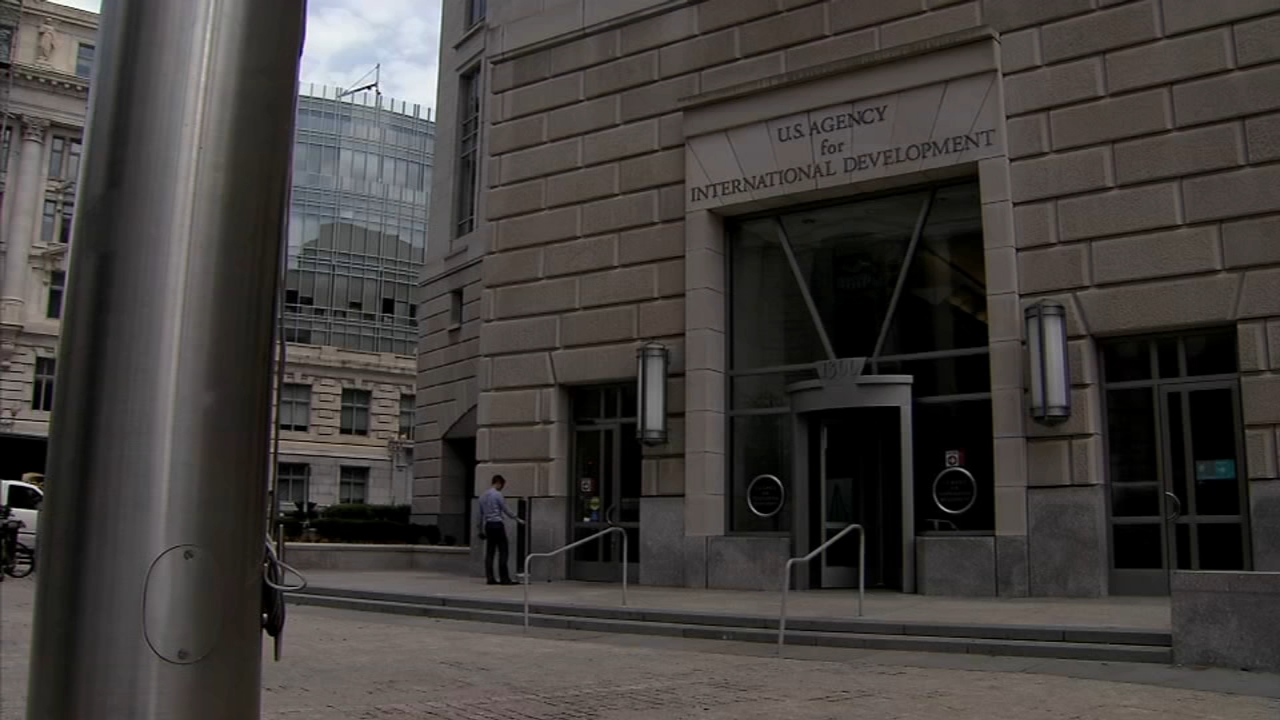Low wages, housing insecurity among issues faced by Koreatown restaurant workers

KOREATOWN, LOS ANGELES (KABC) -- Whether you're stopping by for Korean BBQ, noodles, Central American or Mexican dishes, L.A.'s Koreatown offers hundreds of choices. The industry is sustained by roughly 9,700 workers in the dense region.
Overworked and Underserved the title of a new report that includes the findings of surveys with hundreds of Koreatown restaurant workers.
"So much of what makes Koreatown vibrant and a fun place to go is really built off of the backs of the workers," said Brady Collins, director of research and policy at the Koreatown Immigrant Workers Alliance (KIWA.)
The report was conducted during the pandemic by KIWA in collaboration with the UCLA Labor Center, Cal Poly Pomona, and San Diego State University researchers to better understand the labor and housing conditions of immigrant workers in Koreatown's restaurant sector.
The report found most K-town restaurant workers work full-time and earn low wages and for some, wage theft remains a reality. "We see more of the egregious workplace issues and wage theft in the larger establishments," said Collins.
Some examples of wage theft include unpaid overtime, lack of breaks, pay below the minimum wage, and tip theft. "Tip stealing is a very specific kind of wage theft that is a lot harder to catch and enforce against because it doesn't show up on pay stubs," said Collins. "Tips are pooled by management at the end of the night in these restaurants," he said, adding, "What we saw is that a lot of times, they were pulling tips and then using it as a way to kind of give favor to some workers and punish others."
Eun Sun Choi earns the minimum wage at a restaurant she's worked at for five years. Choi says she's very happy, although the work can be hard, and enjoys meeting a lot of Koreans. Choi and her husband are able to make ends meet by living about 20 miles away from work and living frugally. The couple was able to purchase a home a long time ago, said Choi.
She's is mindful of the challenges of restaurant owners, while expressing concern for co-workers who can barely afford rent. Choi said she knows of one family of four adults that rent a single room in a home.
The report found that Koreatown's restaurant workers -- who are predominantly immigrants -- are housing insecure. More than half of the housing units they occupy are overcrowded, and more than half of workers are at or below 200% of the poverty threshold.
"We also see a wage ceiling whether you've worked two months or 10 years in one of these restaurants, you're still paid the bare minimum," said Collins.
Jesus Alberto Vicente and each of the other five family members in his home work two jobs in restaurants. Vicente said he is tired. His workday begins at 7:30 A.M. and wraps up around 10:00 P.M, 11:00 P.M. or midnight.
The authors of the report said some businesses are doing a good job. The report featured small business Open Market. "A good example of an employer that treats their workers with dignity and respect and also pays them a fair wage," said Collins.
Among other things, the report recommends strengthening partnerships between worker centers and enforcement agencies, establishing an industry board to set and enforce minimum wage standards specifically for Koreatown's restaurant sector, and integrating workplace justice into homelessness prevention strategies.
"For those workers that are older, that have worked in an industry for decades, that has not really provided them with like, a nest egg to be able to retire with, they are really at risk of becoming unhoused, once they are no longer able to work," said Collins.







